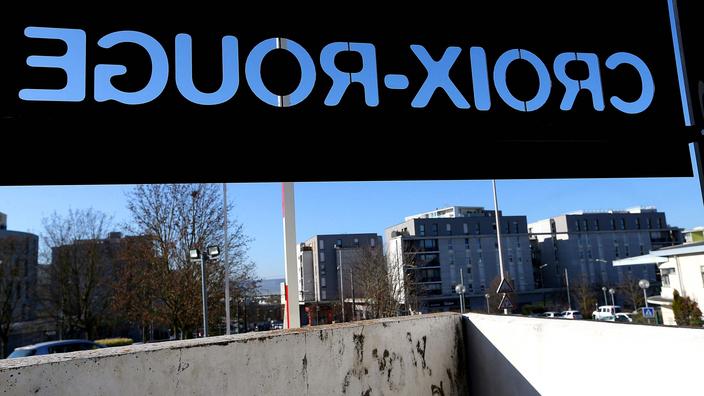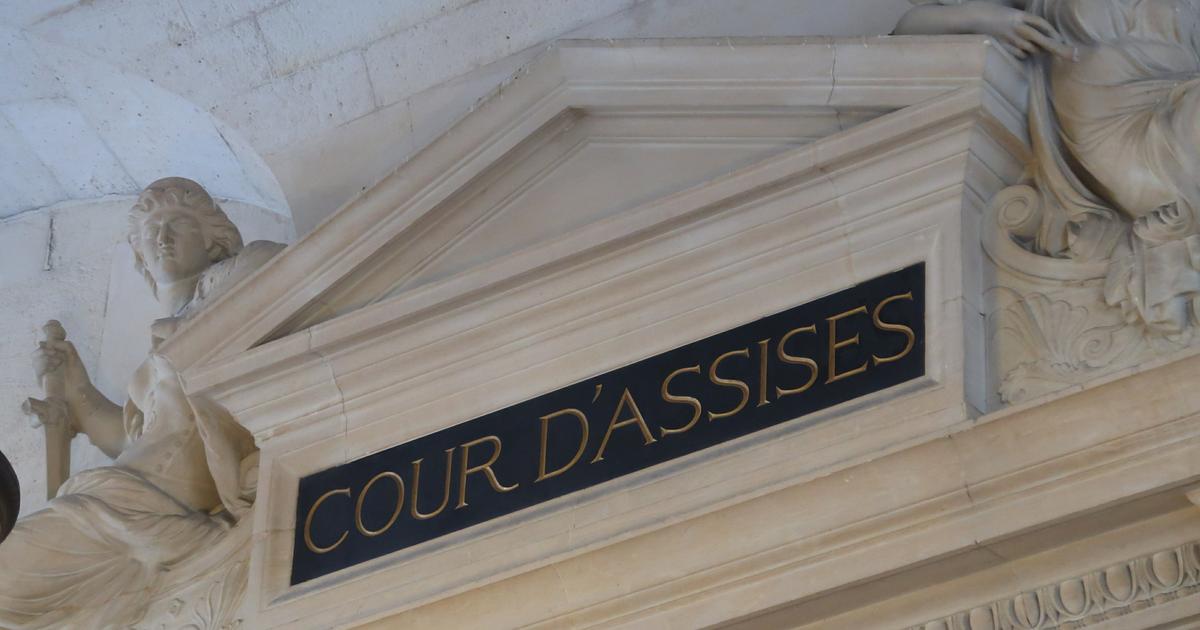Paul Godefrood is a former student of ESSEC. In September 2017, he launched “La Nouvelle Garde”, a site whose ambition is to participate in the refoundation of the right on a liberal-conservative basis.
Saturday April 27, while he was going to a sensitive district of Reims to cover one of the many brawls between rival gangs which regularly make headlines and rot the life of these districts, Christian Lantenois, photographer of
L'Union-L 'Ardennes
, was attacked by a dozen individuals.
For fifty-seven seconds.
Fifty-seven seconds that seemed like an eternity and was enough to leave the photographer between life and death.
Christian thus joins Augustin, a young man beaten up in Lyon for having defended two young girls, Nicolas, father of a family in Brest beaten up for having asked for silence from a few young people while night fell, Luane and Claire, beaten in Strasbourg for having refused to give their phone number.
Victims of mad and gratuitous violence.
Hopefully he does not join Philippe, bus driver murdered for asking a few users to stamp their transport tickets and wear their protective masks or Axelle, dragged over more than 800 meters in Lyon for protesting after the passengers from a car hit a dog.
It took a week to find out more about the identity of the alleged perpetrator.
Anes Saïd Khebbeb, 21, Algerian holder of a Spanish residence permit, eight convictions on the clock.
Immediately thereafter followed the usual litany of outraged questions.
How could such an individual still be free?
How could such an individual even still be in France?
To read also: "A lover of the profession, always voluntary": who is Christian Lantenois, the journalist of L'Union attacked in Reims?
Let's start with the first one.
Anes Saïd Khebbeb has been sentenced eight times by the courts for burglary, use of narcotics and violence in meetings, the first times when he was under 18 years old.
He was thus able to compare juvenile justice and the regime in force for adults.
No doubt he did not see much difference, as the first prioritizes education over punishment and the second favors reintegration over contrition.
Juvenile justice is based on three essential pillars, namely the reduction of the responsibility of minors according to age, education taking precedence over repression and recourse to specialized courts, first and foremost the juvenile judge. , competent for almost all the acts traditionally accused of minors.
To punish these facts - or rather to educate its author - the children's judge has, depending on the age of the accused, a panel of educational measures, educational sanctions and even penalties.
Anes Saïd Khebbeb has been sentenced eight times by the courts for burglary, use of narcotics and violence in meetings, the first times when he was under 18
Paul Godefrood
We find there pell-mell the admonition, the solemn warning, the surrender to parent or guardian, the prohibition to appear or to meet the victim or the accomplices, school work, the civic training course, the reparation-sanction. , the fine for minors over 13, community service for those over 16, placement in a closed educational center, etc.
Only crimes can be punished with custodial sentences.
And again, these cannot exceed half of the maximum penalty incurred by adults.
During his early youth, Anes Saïd Khebbeb was able to get to know a children's judge who sanctioned his first offenses with a few remonstrances.
Despite the educational measures and sanctions, Anes Saïd Khebbeb perseveres and commits the offenses of using drugs and violence in meetings.
Major, he then became acquainted with the "general regime", which exchanged education for reintegration and educational measures and sanctions for sentence adjustments.
He could not have committed his crimes at the best time, that of the promulgation of the 2018-2022 programming and justice reform law, led by Nicole Belloubet, which reinforces the vision of custodial sentences as an instrument of last resort. spring and sentence arrangements as the
ultimate
in reintegration.
In doing so, Nicole Belloubet not only followed the tradition of all her predecessors, Christiane Taubira and her penal constraint in mind, but obeyed the spirit of the Code of Criminal Procedure itself, which stipulates that prison is the a stage in the judicial process to be reached only as a last resort, when all reintegration solutions are either exhausted or ineffective, having regard to the nature of the offense or the crime.
Nicole Belloubet was not only part of the tradition of all her predecessors
Paul Godefrood
Thus, the programming law presented by the Government of Emmanuel Macron provides that it is now impossible to set a sentence of less than one month in prison, that sentences of between one and six months are executed in principle outside the prison and that those between six months and one year should be the subject, as far as possible, of a modification of the sentence.
You can choose between placement under electronic surveillance, semi-liberty, the conversion of the sentence into day-fines or community service, etc.
This same work from which Anes Saïd Khebbeb had already gleefully freed himself for the first time in 2020 and from which he was again affected during the aggression.
During his delinquent career, he apparently spent only one month in prison, for non-compliance with the sentence of Community Service.
Most of the rest will only have been punished with fines… Guilty yes!
But outside if possible.
The logic of reintegration at all costs, the hide-and-seek of prison under-capacity, also applies to all individuals who have committed offenses and crimes serious enough to have to spend a significant amount of time in prison.
The same programming law thus confirms the principle of conditional release at two-thirds of the sentence and provides for automatic reductions in sentences: three months for the first year in prison, then two months per year are systematically granted to the prisoner in the event of good behavior.
A sort of loyalty card.
How, then, can we be surprised that a repeat offender is still at large.
During his delinquent journey, he apparently spent only one month in prison
Paul Godefrood
Let us now come to its presence in France.
If Anes Saïd Khebbeb arrived in France with a Spanish residence permit, thus taking advantage of the free movement dear to Schengen, it would appear, however, that his residence permit was not renewed more than five years ago (even if this point remains to be confirmed).
It is nevertheless good to remember that, since 2012, the placement in police custody solely on the grounds of the irregularity of the situation of a foreigner is impossible.
Only his custody is authorized "on the occasion of investigations into offenses punishable by imprisonment" that he could have committed.
Enough to allow Anes Saïd Khebbeb to pass for a time between the cracks.
All the more broad as certain texts prohibit the expulsion if the individual arrived sufficiently young or resides for a sufficiently long time in France.
Whatever happens, any removal procedure, very hypothetical in the present case, would have had great difficulties to succeed.
Read also: The delinquent past of the photographer's aggressor in Reims
Indeed, removal procedures must be as coercive as possible.
Each measure, mainly the OQTF, must be accompanied by a deadline opening the way to a voluntary departure and various possibilities of recourse to justice.
It is only at the end of the period and the remedies that the removal measure can enter a coercive phase, through a house arrest or placement in an administrative detention center.
These same CRAs, too few in number, too small, too overcrowded, which are forced to release a number of individuals under the influence of an OQTF, for want of being able to contain them all.
With each time the risk of losing track of the individual.
And when the individual is at the gates of the plane, he can either use ill will to disrupt boarding and therefore cause the authorities to postpone his transfer, or rely on that of the countries of origin, which are often reluctant to accept. their own nationals.
Last year, a number of individuals were thus able to escape deportation after having refused, for example, to perform a PCR test, which is necessary to enter certain third countries.
How, then, to be surprised that Anes Saïd Khebbeb is still in France today.









